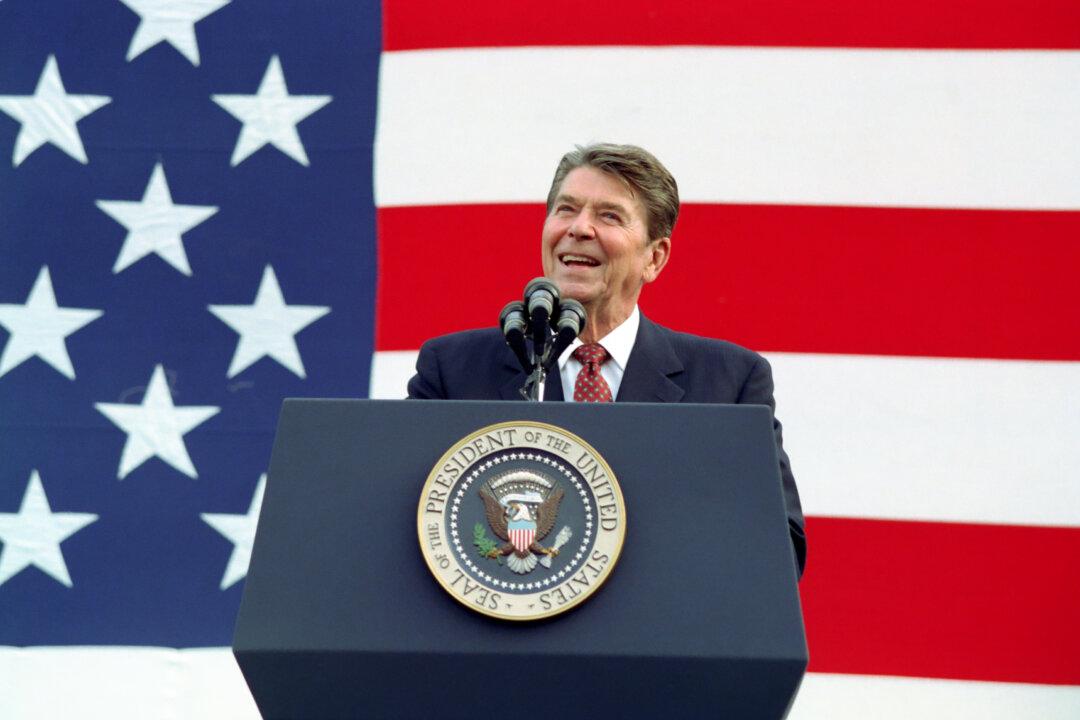It might have been a cold day in southeast rural Illinois, but inside the inelegant student center at Eureka College, on an old wooden stage, tempers flared. Many credited America’s 40th president with learning about public speaking as a broadcaster for the Chicago Cubs, or as an actor on the silver screen. But it was in fact at this small, largely unknown liberal arts institution near Peoria, the very same where Lincoln spoke during his campaign for president, that Ronald Reagan learned the power of oratory.
As a 17-year-old undergraduate student and football player, Reagan was leading a revolt. He and his fellow students had decided their highest priority was to oust the president of the institution, who had taken away many of their most popular courses due to financial constraints. On the podium that day, Reagan gave his first speech.

